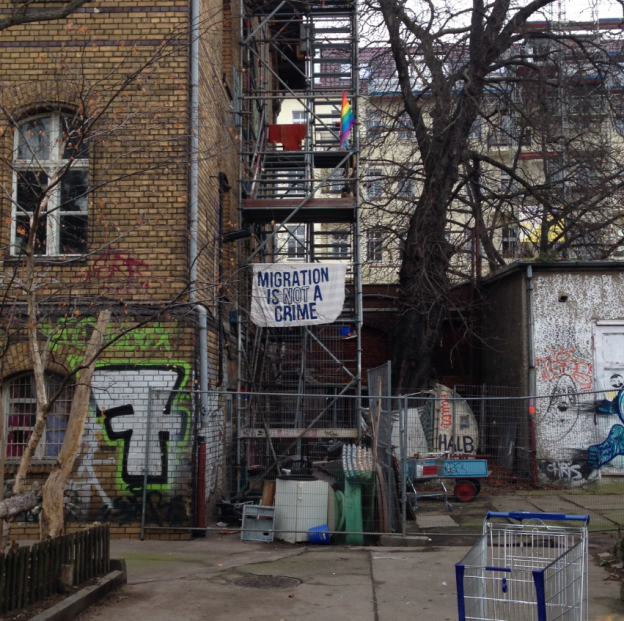“Almeno non hai un nome da negra”: Race, Gender and National Belonging in Laila Wadia’s Amiche per la pelle
by Sole Anatrone
Four women, from four corners of the world, sit at the kitchen table in a cramped, run-down apartment in downtown Trieste, awaiting the arrival of a fifth woman, their Italian language teacher. This little group of students is the focus of Laila Wadia’s novel Amiche per la pelle. As the title suggests, these women are close friends, but, as the layers of meaning in that title hint, their friendship is shaped in large part by race. Indian, Chinese, Albanian and Bosnian, these women are all marked by their cultural, racial and linguistic otherness in the Italian setting. In the U.S. the topos of immigration and language, and the adult foreign language lesson in particular, has a rich history and a specific tradition or function in the perpetuation of certain national myths of unity and opportunity. In the Italian context, on the other hand, the scene is a relatively new one. But the significance of linguistic unity is certainly not a new theme. As Loredana Polezzi notes in her discussion of the current politics of Italian language, “In the case of Italy, language and nation are linked, if possible, by particularly intricate connections, as eminently demonstrated by the centuries-old debate on the questione della lingua” (87). Wadia’s text offers what I see as a critique of this historical conflation of language and culture –
suggesting that we interrogate the weight given to the idea of linguistic unity. Amiche per la pelle is, as the title suggests, a meditation on female friendship (“amiche”) and racial difference (“pelle”), challenging assumptions of belonging and integration in an increasingly diverse Italian cultural landscape. This is an unusual conversation in the Italian context,
where race is conflated with im/migration and where the women’s movement has been reserved for “Italian” women. This article uncovers the precarious, temporary quality of categories like race, gender and language, categories typically treated as self-evident, and critical to shaping conversations about national belonging.

